Controlling Allium Plants & How To Manage Flowering Onions
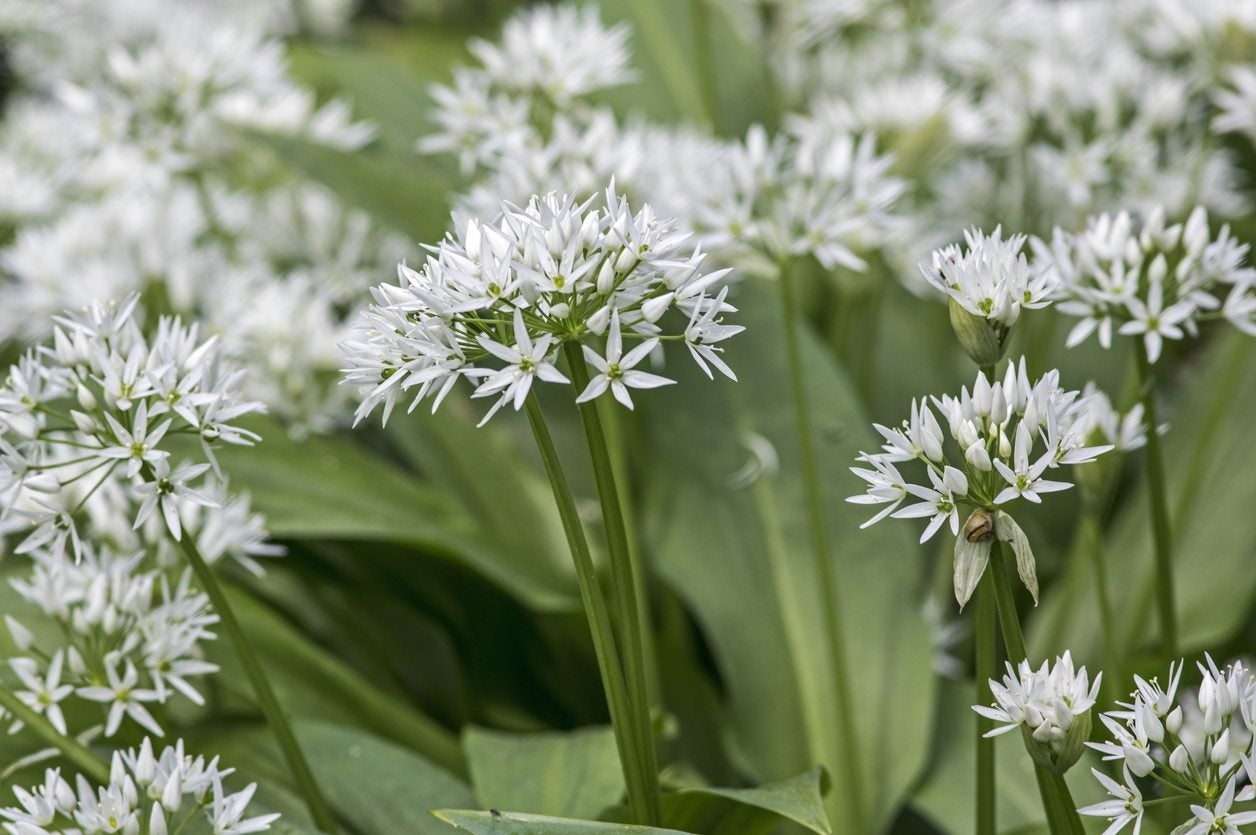

Allium, known for its pungent aroma, includes more than 500 species, including the familiar onion, garlic, chives, and a variety of beautiful flowering plants. Pollinators love the hardy, long-lasting plants, but deer and other critters usually leave them alone. If ornamental alliums are so practical and attractive, how could there be any problems with ornamental alliums in the garden? Read on to learn more.
Are Alliums Invasive?
Not all allium varieties are well-behaved. Some become weeds that are nearly impossible to get rid of, especially in mild climates. The bad news is that dormant bulbs can remain in the soil for up to six years. The biggest offenders are wild allium (Allium ursinum), wild garlic (Allium vineale), and three-cornered leek (Allium triquetrum). All three spread like wildfire, quickly choking out gentler plants that you try to establish in your garden.
There’s really no easy answer when it comes to controlling allium plants. Be patient and persistent, as it will probably require several go-rounds. Oregon State University says to expect the process to take a minimum of three or four years, and maybe even more.
Controlling Allium Plants in the Garden
If you need more information on how to manage flowering onions, here are a few tips:
Pulling: Pulling may help, but only if you can manage to get all the bulbs. The problem with pulling is that tiny bulbs often break off when you pull the clump, and it’s very difficult to get them all, especially if your soil is hard and compacted. Try pulling after a rainfall or watering the area deeply a day or two ahead of time but be aware that pulling may not be the final solution.
Digging: It isn’t much fun, but digging the old-fashioned way is probably your best bet when it comes to getting rid of invasive ornamental alliums in the garden. Dig a deep, wide area around the clump to get the tiny bulbs. Repeat the process every two weeks throughout the season. Don’t shake the dirt off the clump; just place the entire plant into a box or bag so stray bulbs don’t escape. Discard the clumps, soil, and all. By all means, don’t put the clump in your compost heap.
Mowing: Mowing doesn’t get rid of the underground bulbs, but cutting off the tops prevents blooms from developing seeds that generate even more plants.
Gardening tips, videos, info and more delivered right to your inbox!
Sign up for the Gardening Know How newsletter today and receive a free copy of our e-book "How to Grow Delicious Tomatoes".
Herbicides: Chemicals are generally ineffective because the substance doesn’t stick to the tall, slender, somewhat waxy leaves and does little to combat the underground bulbs. If you do want to try herbicides, do so before the plants reach 8 inches (20 cm.) tall. Mow immediately before treating the allium because newly mowed leaves have rough edges that improve absorption.
Controlling Allium in Lawns
If allium plants are popping up on your lawn, be sure to water and fertilize regularly. A healthy stand of grass is more likely to choke out the invaders.

A Credentialed Garden Writer, Mary H. Dyer was with Gardening Know How in the very beginning, publishing articles as early as 2007.
-
 Looking For Plants To Give You The Soft And Fuzzies? Try These 5 Fuzzy Leaf Plant Options
Looking For Plants To Give You The Soft And Fuzzies? Try These 5 Fuzzy Leaf Plant OptionsLovers of texture, drama, silver foliage and tactile plants will adore these special sensory garden additions. These fuzzy leaf plant options will leave you all aglow
By Susan Albert
-
 Get Ready For A Summer Of Hummers! Grow These Full Sun Hummingbird Plants and Flowers
Get Ready For A Summer Of Hummers! Grow These Full Sun Hummingbird Plants and FlowersIf you’re lucky enough to enjoy a sunny backyard, make sure you are maxing out on your pollinator opportunities and grow these full sun hummingbird plants and flowers
By Tonya Barnett
-
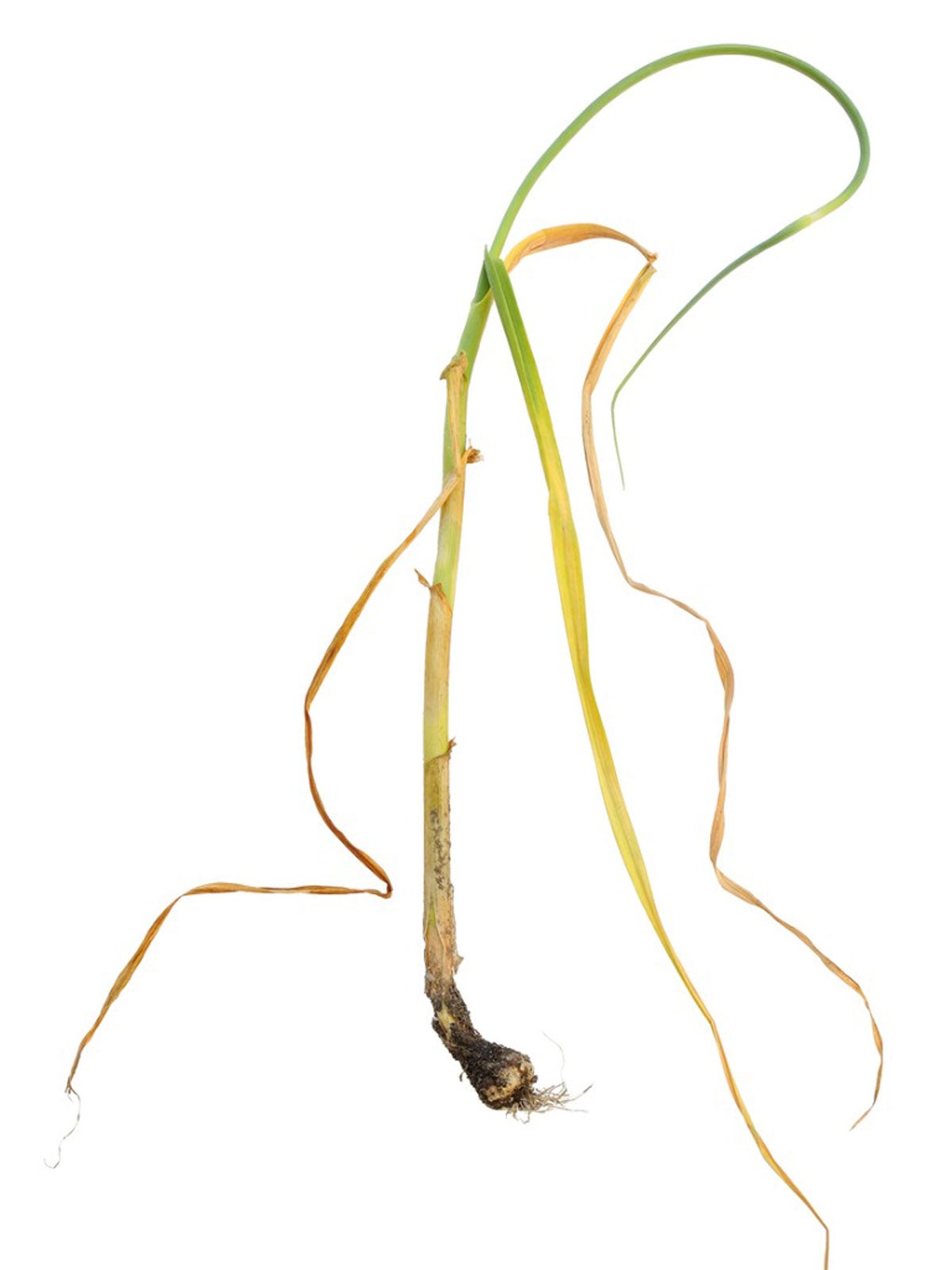 Sclerotium On Alliums – How To Manage Allium White Rot Symptoms
Sclerotium On Alliums – How To Manage Allium White Rot SymptomsAllium white rot should be monitored, as it can result in complete loss of allium plants. Learn more about what causes white rot and its control here.
By Tonya Barnett
-
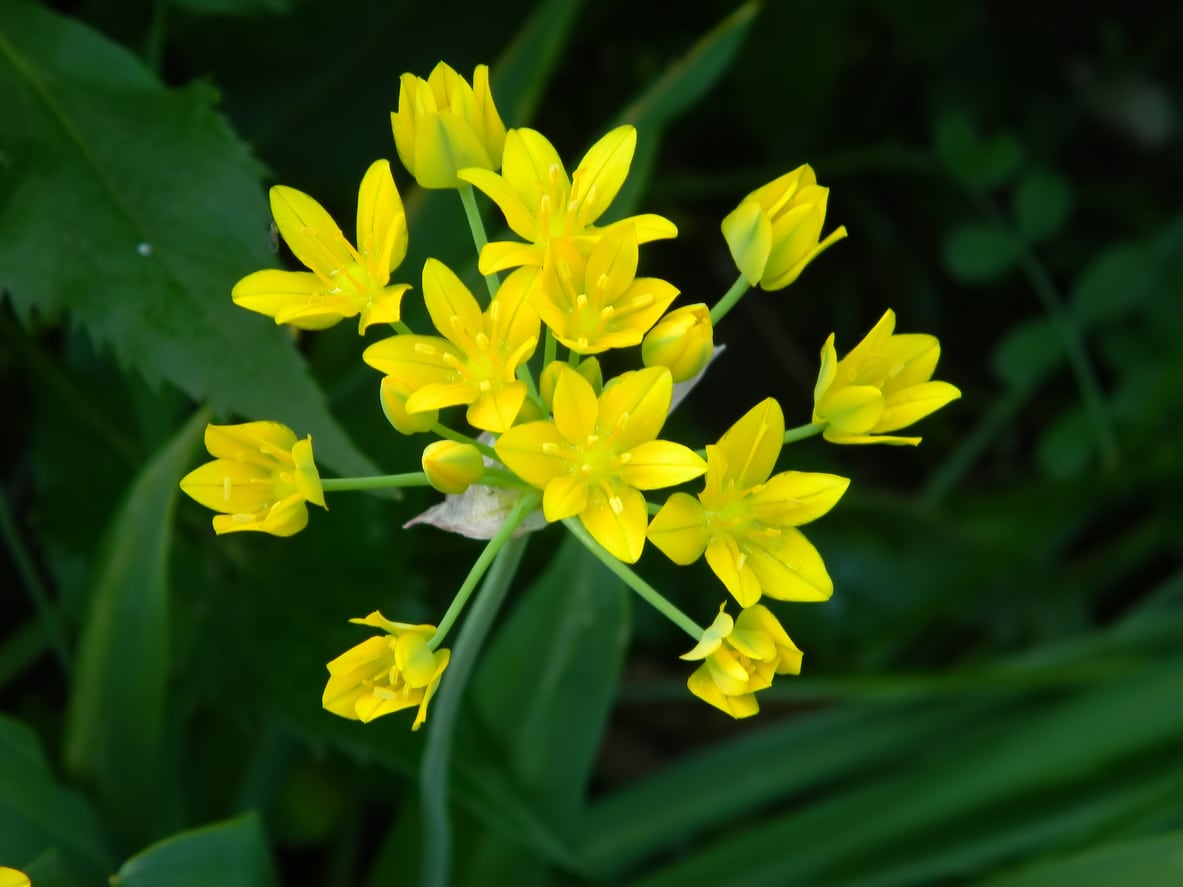 Allium Moly Care – Learn How To Grow Golden Garlic Alliums
Allium Moly Care – Learn How To Grow Golden Garlic AlliumsGolden garlic, also called moly garlic, is an allium bulb plant that offers bright, long-lasting yellow flowers on tall stalks. For more allium moly information, plus tips on how to grow golden garlic, click on the following article.
By Teo Spengler
-
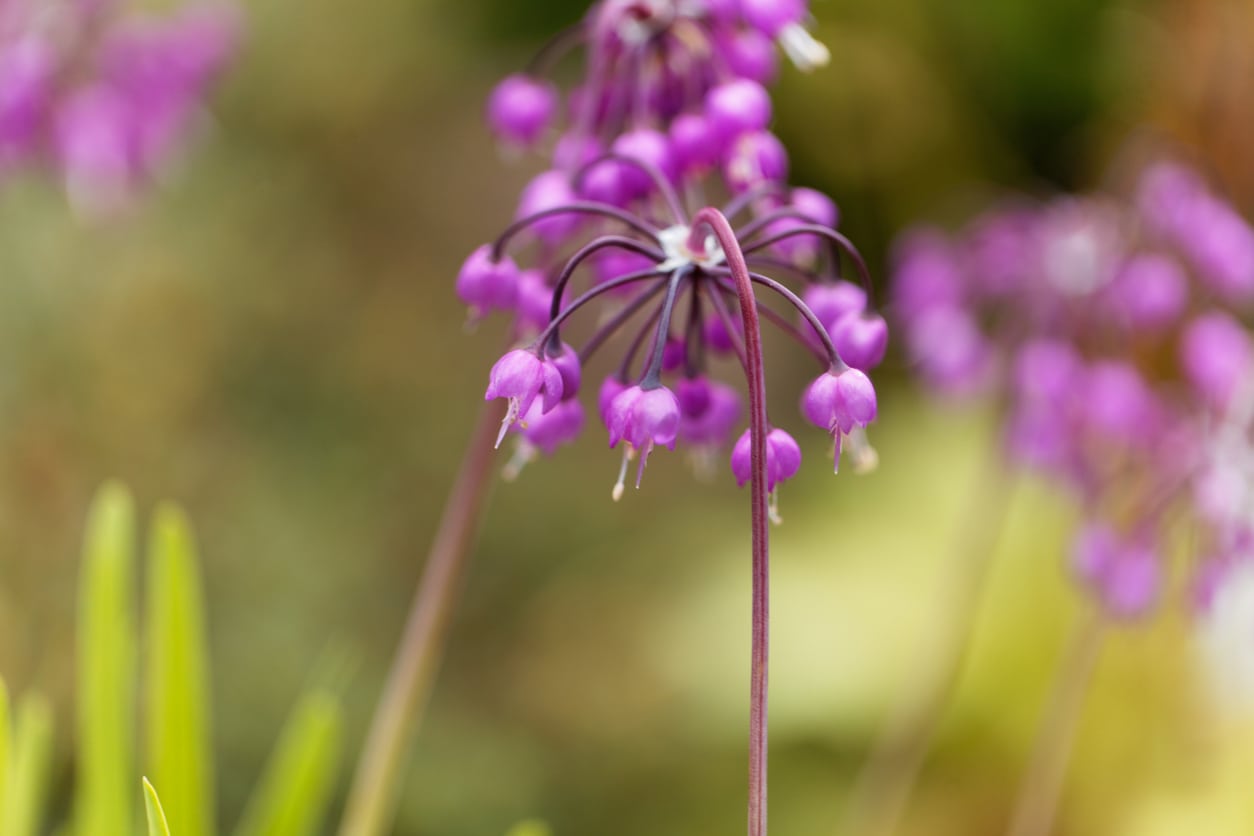 Nodding Pink Onions – How To Grow Nodding Onions In Your Garden
Nodding Pink Onions – How To Grow Nodding Onions In Your GardenIf you love wildflowers, try growing a nodding pink onion. What’s a nodding pink onion? Well, its descriptive name gives more than just a hint but you can click on this article to learn how to grow nodding onions and about nodding onion care.
By Amy Grant
-
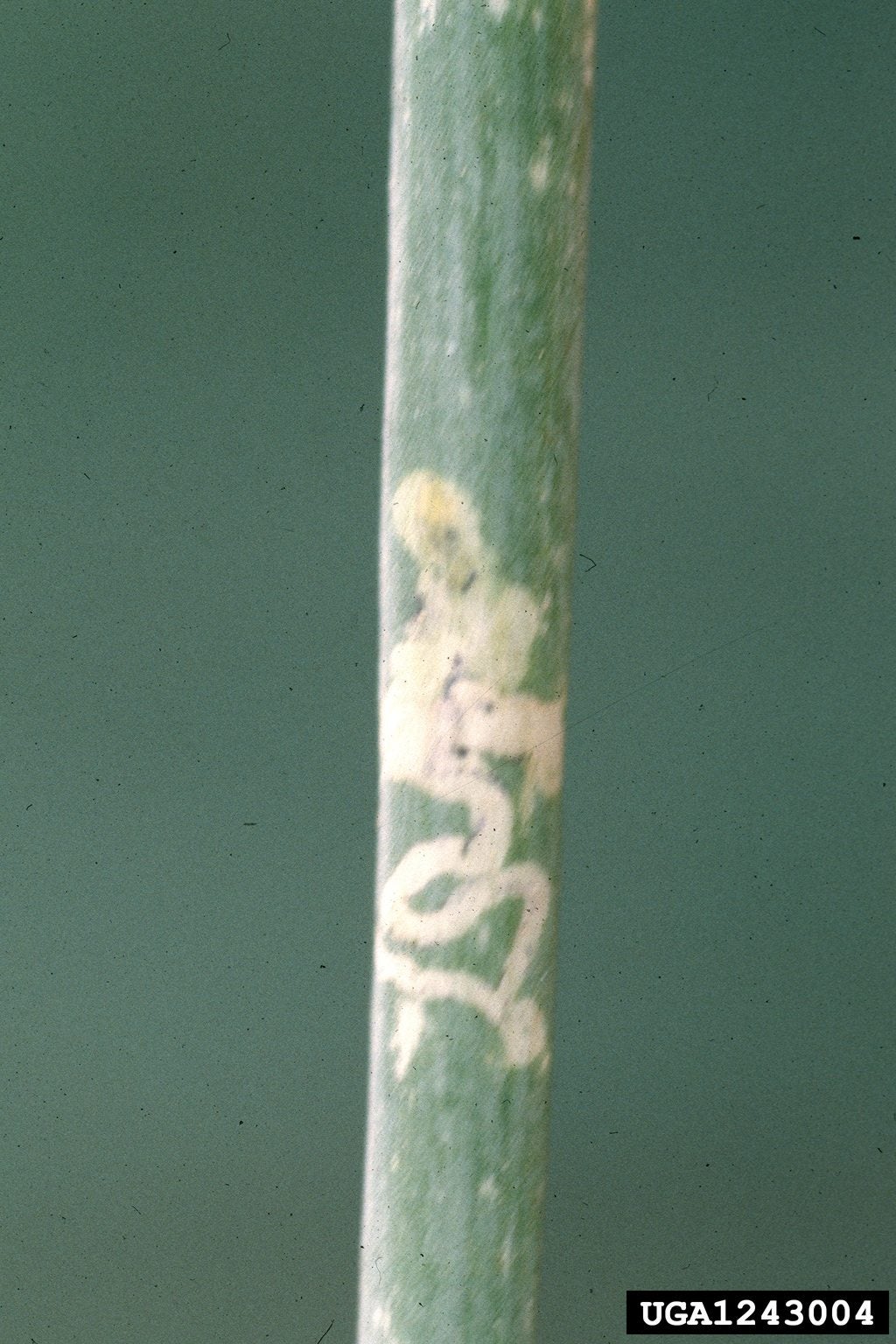 Allium Plant Pests: Learn About Allium Leaf Miner Control
Allium Plant Pests: Learn About Allium Leaf Miner ControlAllium leaf miners were first detected in the Western Hemisphere in December of 2016. Since then they've become a serious pest of onions and other alliums in Canada and the Eastern U.S. Find out about detecting and treating allium leaf miners in this article.
By Jackie Carroll
-
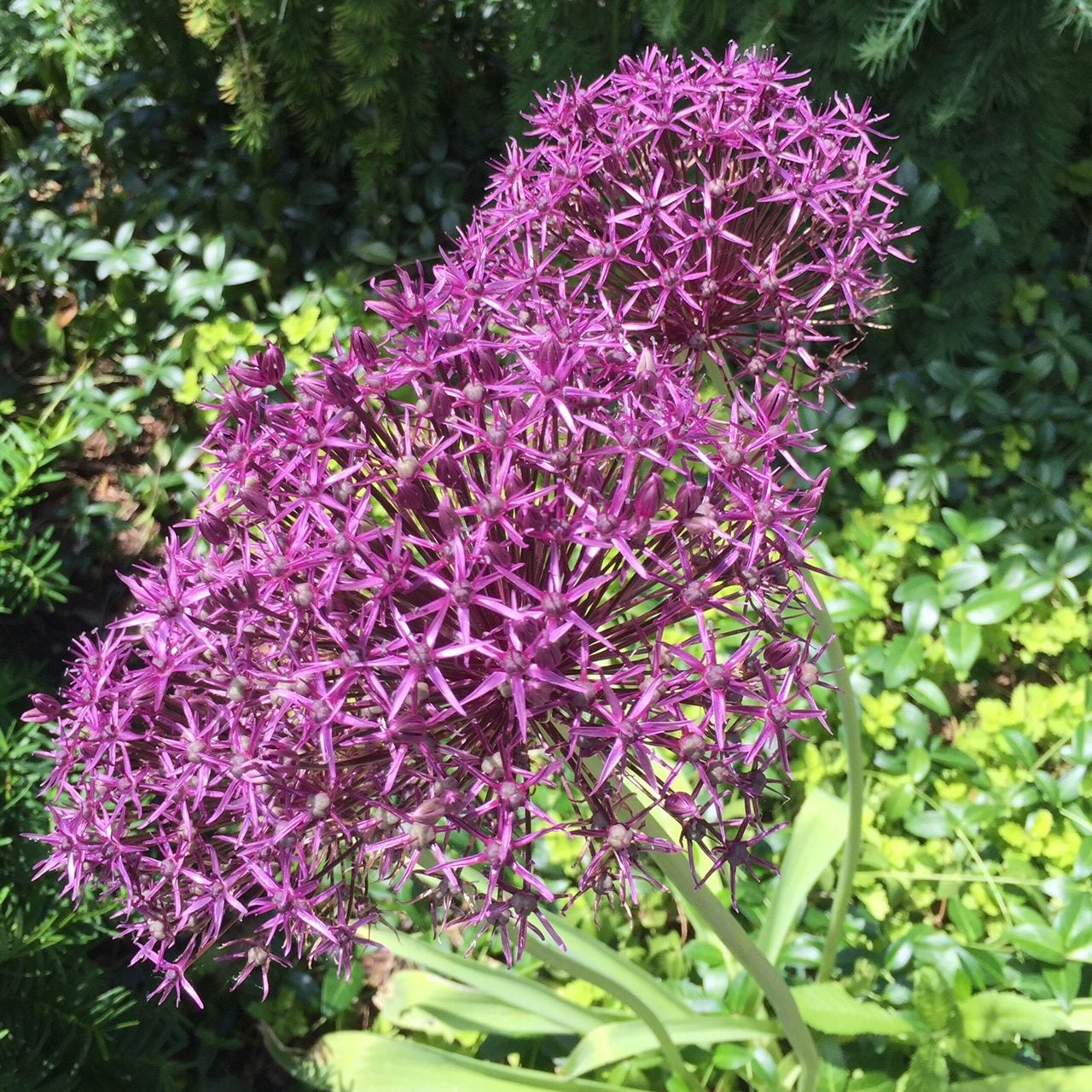 Allium Post Bloom Care: Caring For Allium Bulbs Once Flowering Is Over
Allium Post Bloom Care: Caring For Allium Bulbs Once Flowering Is OverAlliums are usually exclusively grown for their flowers. But what do you do with your allium once it's finished flowering? Learn more about how to care for alliums after blooming in this article so you can enjoy their beauty as long as possible.
By Liz Baessler
-
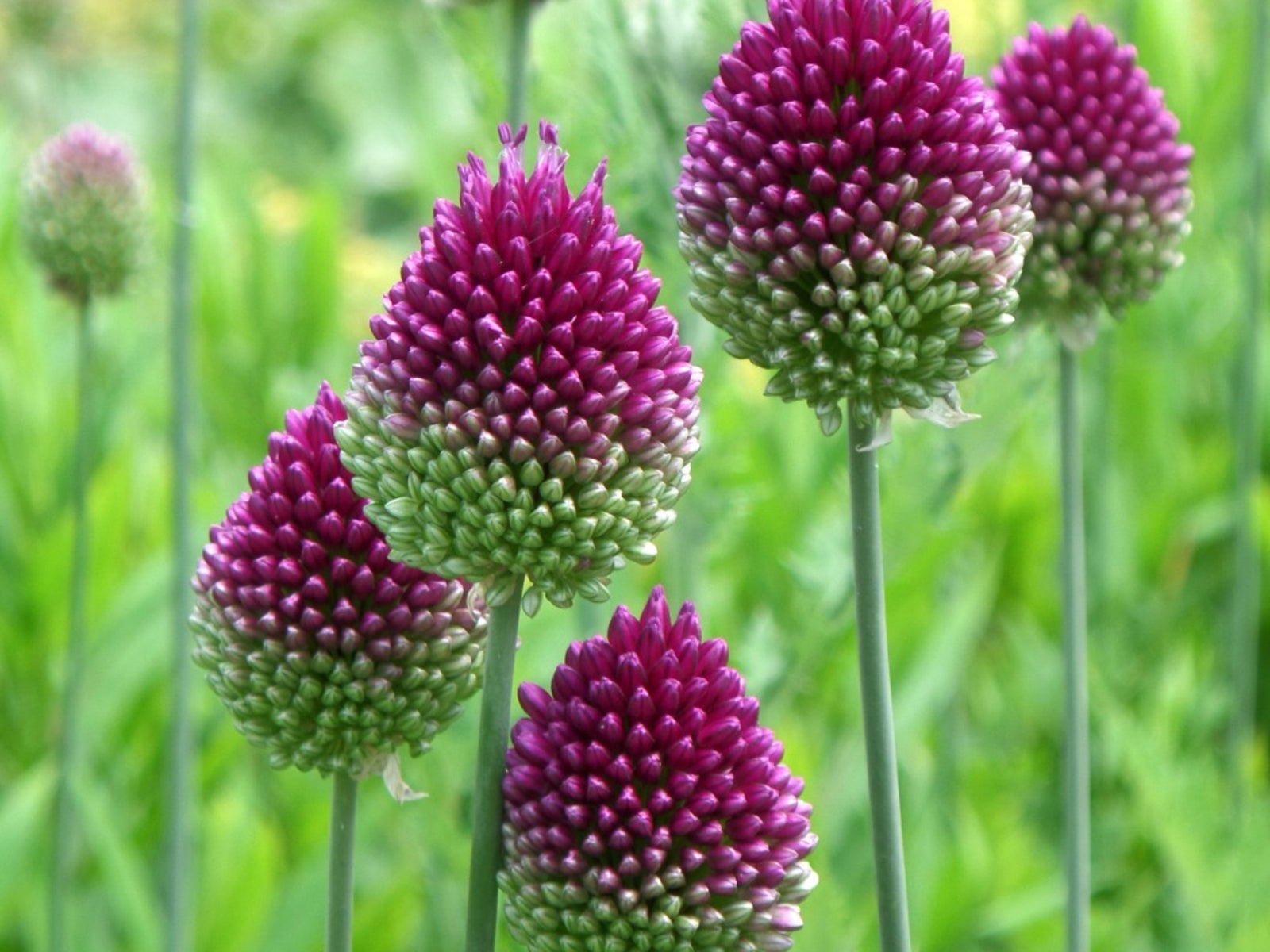 Drumstick Allium Flowers: Tips For Growing Drumstick Alliums
Drumstick Allium Flowers: Tips For Growing Drumstick AlliumsDrumstick allium is appreciated for the egg-shaped blooms that appear in early summer. Hollow, grayish-green foliage provides lovely contrast to the pink to rosy-purple drumstick allium flowers. Click here to learn more them.
By Mary H. Dyer
-
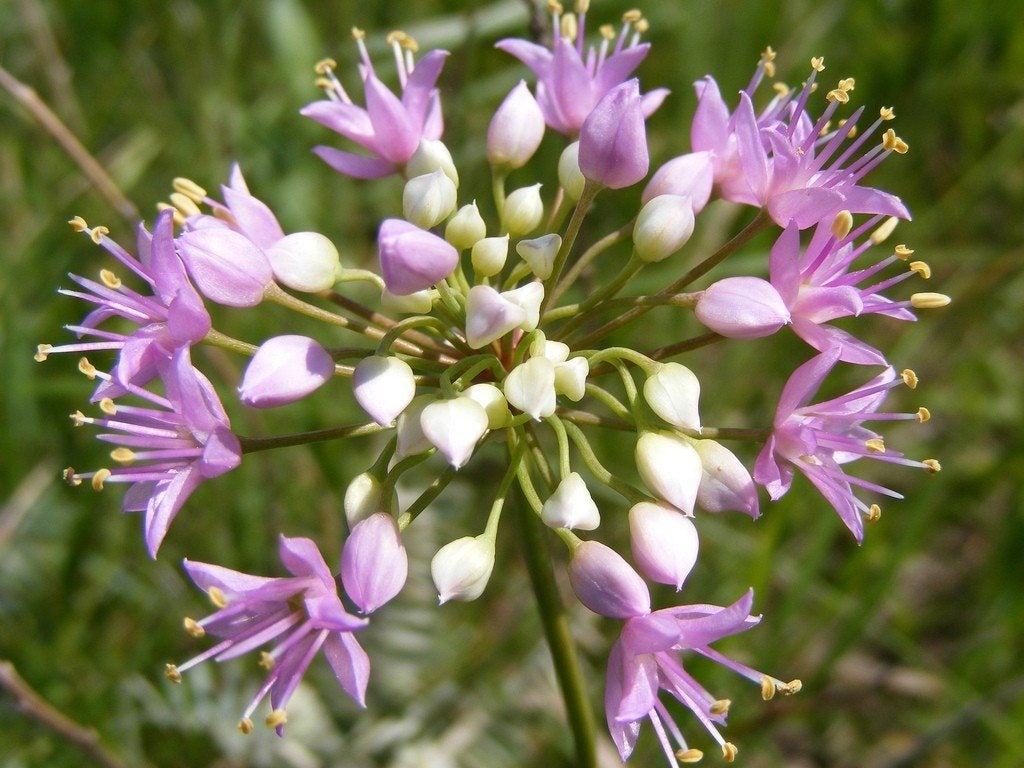 What Are Prairie Onions: Information On Allium Stellatum Wildflowers
What Are Prairie Onions: Information On Allium Stellatum WildflowersPrairie onions are a member of the Allium family. Wild prairie onions are edible and in the garden add a natural grace. Get some growing and care information for wild prairie onions in this article.
By Bonnie L. Grant
-
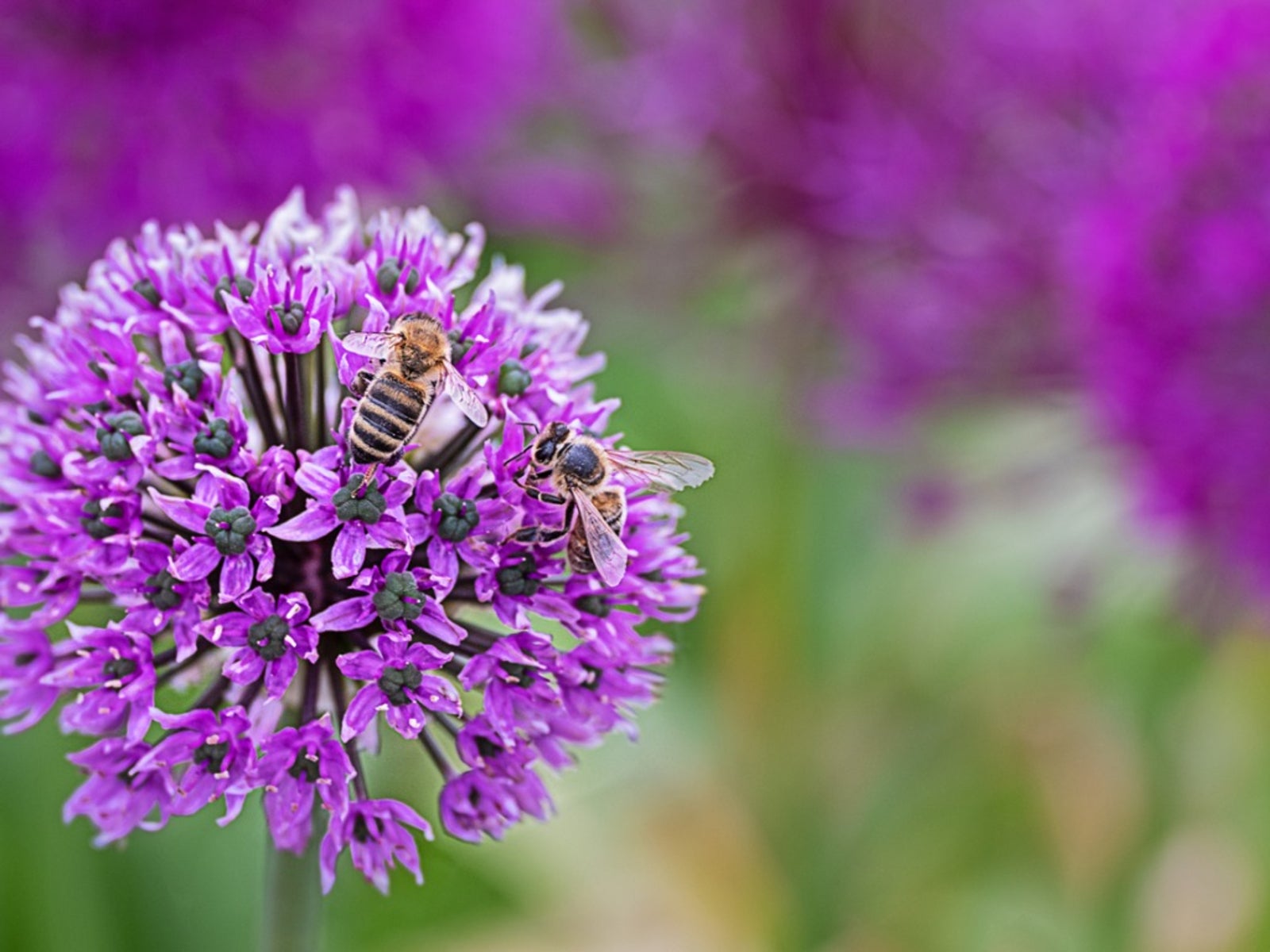 Allium Plant - How To Grow Alliums In Your Flower Garden
Allium Plant - How To Grow Alliums In Your Flower GardenAllium plant is related to the garden onion, but don't let this deter you from planting it. In fact, minimal allium care and a show of large blooms are just a couple of reasons to include them. Get more info here.
By Becca Badgett